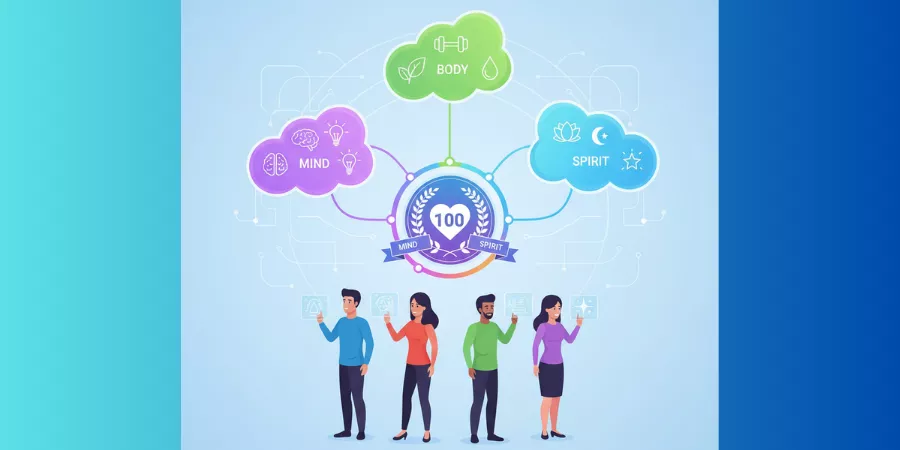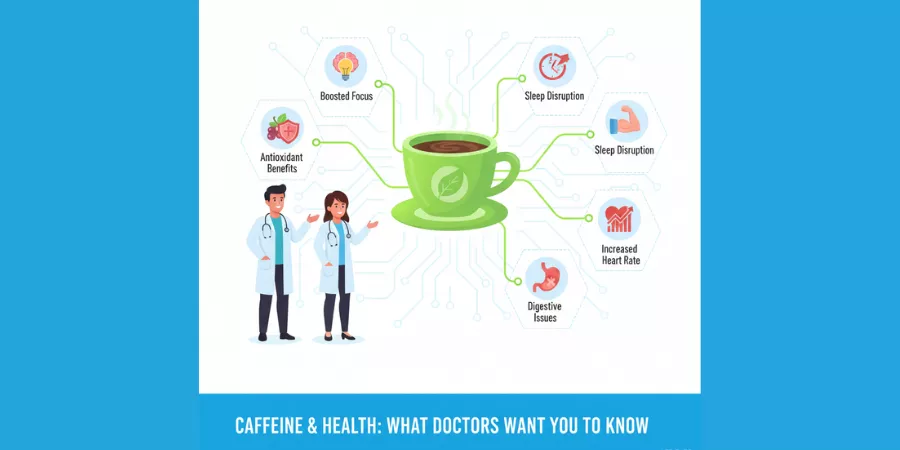High blood sugar, or hyperglycemia, is a common issue for people with diabetes. If left unchecked, it can lead to serious complications such as nerve damage, heart disease, kidney issues, vision problems, and infections. Recognizing early symptoms can help you take timely action and prevent long-term health risks.
Here are seven key signs of high blood sugar you should never ignore.
1. Increased Thirst & Dry Mouth
Feeling constantly thirsty despite drinking water? Excess glucose in the blood pulls fluids from your tissues, making you feel dehydrated and leading to persistent dry mouth.
2. Frequent Urination
When blood sugar levels rise, your kidneys work overtime to flush out excess glucose, leading to frequent urination. This can also result in dehydration, worsening thirst.
3. Fatigue & Weakness
Your body relies on glucose for energy. However, when blood sugar levels are too high, your cells struggle to absorb glucose efficiently, leaving you feeling tired, sluggish, and low on energy.
4. Blurred Vision
High blood sugar can cause fluid imbalances in the eyes, affecting the shape of your eye lens and leading to blurry vision. If untreated, it may progress to diabetic retinopathy, which can cause permanent vision damage.
5. Persistent Headaches
Frequent headaches can be a sign of fluctuating blood sugar levels. When glucose levels remain high, it can lead to dehydration, increased blood pressure, and headaches.
6. Slow Healing of Wounds
High blood sugar levels damage blood vessels and slow circulation, making it harder for the body to heal cuts, wounds, and bruises. If you notice slow healing or infections, it’s a major warning sign.
7. Recurrent Infections
Diabetes weakens the immune system, making it easier for infections to develop. Frequent urinary tract infections, skin infections, and gum diseases could be linked to uncontrolled blood sugar levels.
How to Manage High Blood Sugar
Keeping blood sugar levels in check is crucial to prevent serious health issues. Here’s how you can manage it effectively:
✅ Follow a balanced diet – Include fiber-rich foods, whole grains, lean proteins, and healthy fats while avoiding refined carbs and sugars.
✅ Stay active – Regular exercise helps improve insulin sensitivity and lowers blood sugar.
✅ Monitor your blood sugar – Keep track of your glucose levels to spot trends and avoid spikes.
✅ Take medications as prescribed – If your doctor has prescribed insulin or medication, follow the recommended dosage.
✅ Stay hydrated – Drink plenty of water to help your body regulate sugar levels.
Final Thoughts
Ignoring high blood sugar symptoms can lead to severe complications over time. If you experience any of these signs, consult a doctor immediately. With the right lifestyle changes and medical guidance, you can manage diabetes effectively and improve your overall health.
Your health is in your hands—take charge today!
Most Read : 7 Superfoods That Can Help Lower Your Cancer Risk





